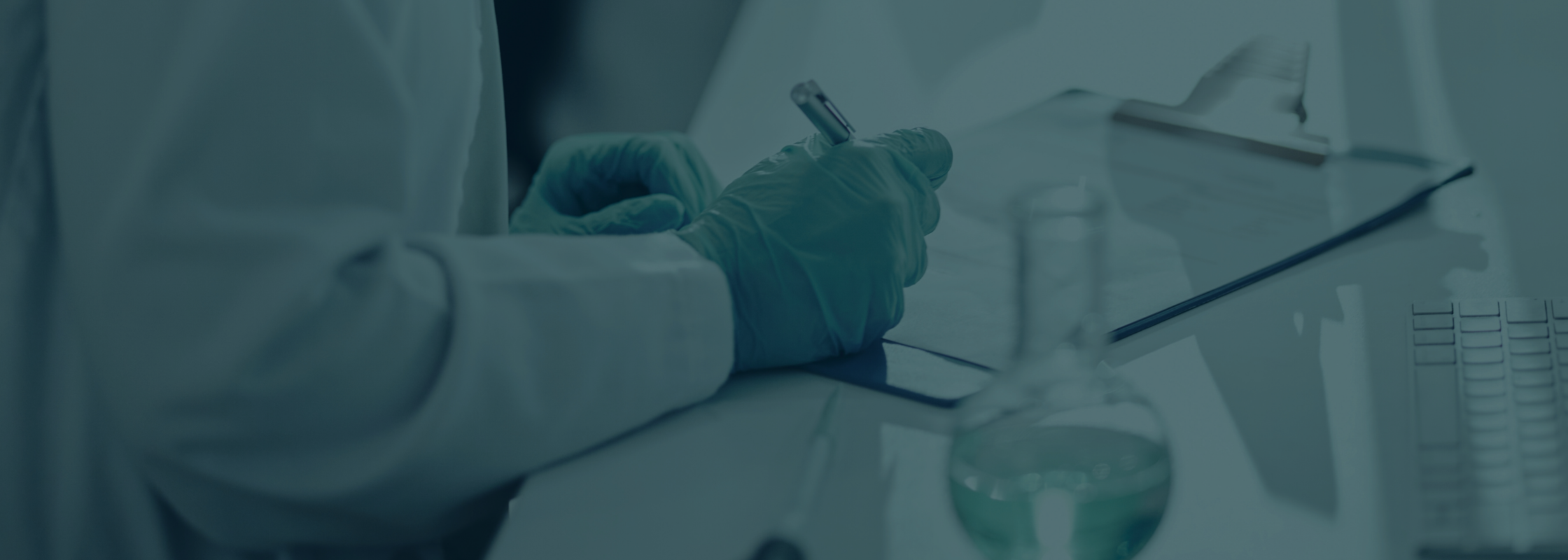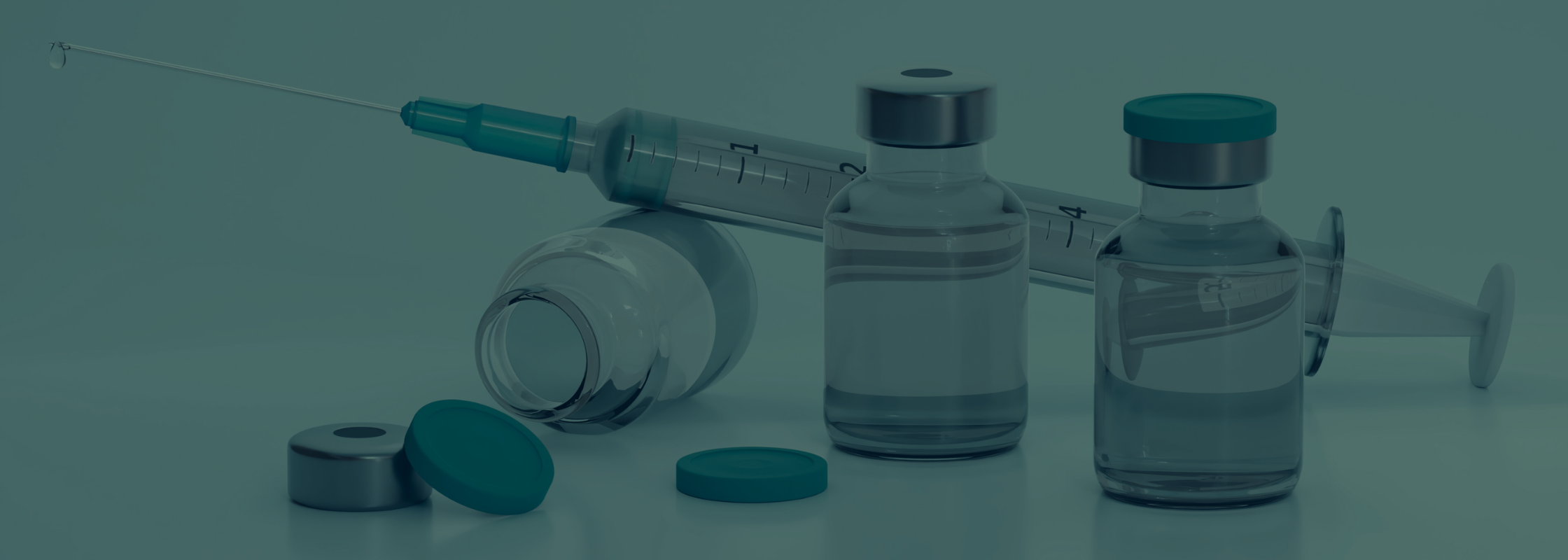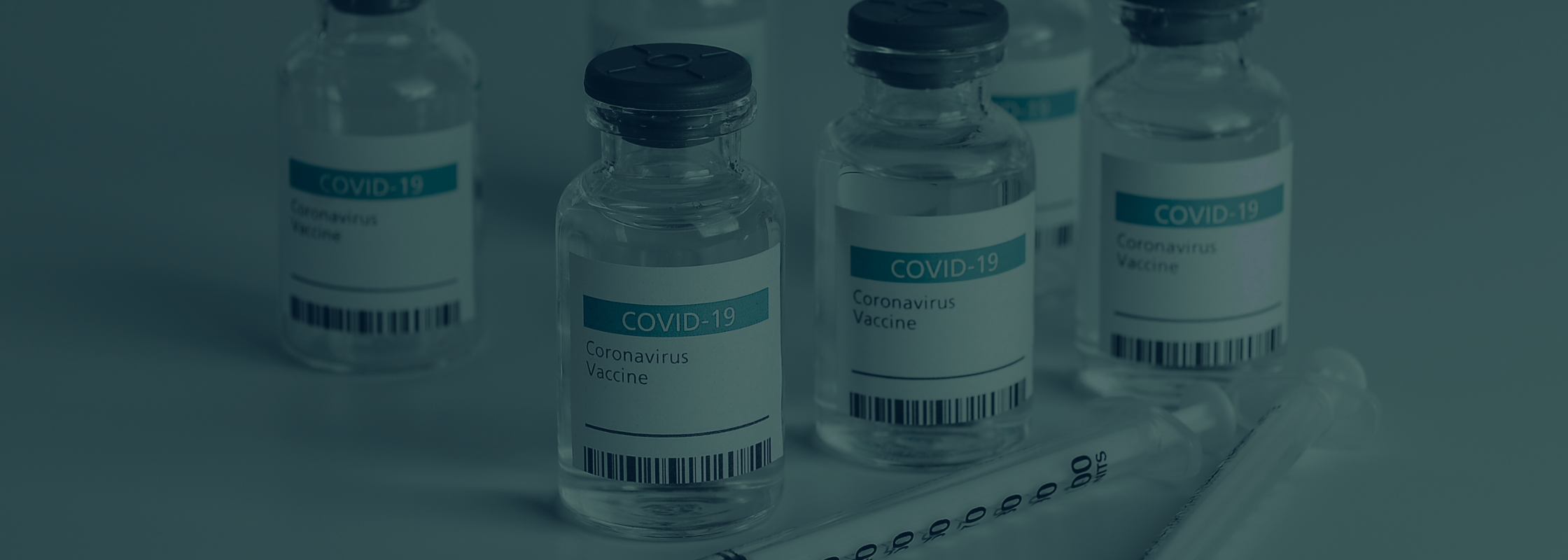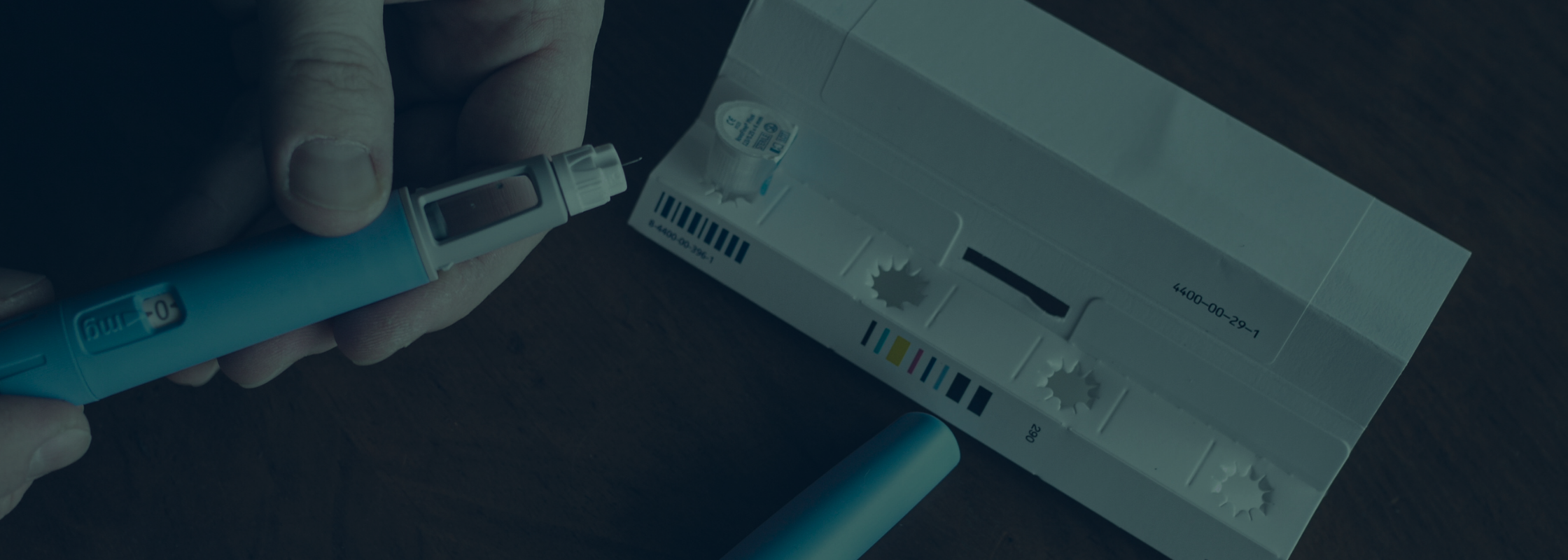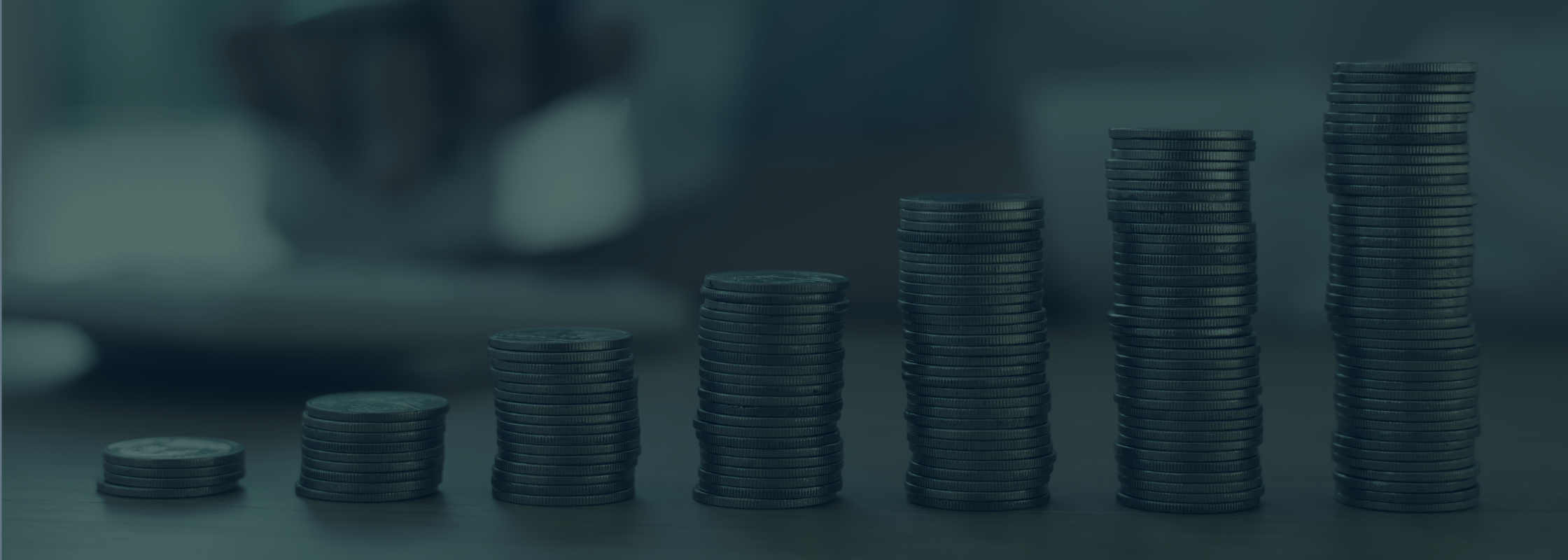Maximizing Import VAT Reclaim for Clinical Trial Budget Efficiency
Having a confident grasp of the essential elements of customs payments and import VAT is paramount to effectively managing clinical trial budgets. However, you don’t need to become a customs clearance expert or a financial specialist – this is where a specialist Importer of Record can help you. Not only can they get your clinical trial commodities through customs compliantly, but they can also help you recover value-added tax.
Let’s get into the fundamentals of import VAT and how sponsors and CROs can actually make considerable savings on their clinical trial R&D budgets.
What is Import VAT?
Import value-added tax (VAT) is a customs duty placed on goods imported into a country.
Want to understand the basics first? Jump to that section here.
Reclaim VAT on Clinical Trials
With a basic understanding of the finances involved in clearing clinical trial commodities through customs, let’s examine how reclaiming import VAT can benefit your clinical trial budgets and ensure Site Initiation Visit (SIV) dates are met.
What is Import VAT Reclaim?
Value-added tax reclaim is a process of receiving a refund for the import VAT that was paid by the importer for importing the goods into the country. There are two overarching types of VAT recovery that may apply: (1) Domestic VAT recovery and (2) Foreign VAT recovery.
Without going into too much detail, domestic VAT recovery is incurred if your business has a VAT registration in the country where you are holding the trial. In contrast, foreign VAT recovery applies to non-resident companies claiming a portion of the international VAT levied on their import.
Import VAT Recovery for Pharmaceutical Companies
VAT is levied to close the playing field on imported goods sold/consumed in the resident country. Goods that are subsequently exported (such as clinical trial commodities that are temporarily imported) and not consumed/sold in the resident country are entitled to reclaim the VAT.
DYK: In the European Union, human-derived drug products are VAT-exempt
How Does the Process of Import VAT Reclaim Work?
This is a lengthy and complex process. Essentially, this is done by submitting a VAT reclaim document to the local tax authorities. The expertise to submit the proper documentation, with the correct proof to the appropriate authorities, in the required timelines is where things get tricky and why entities use VAT reclaim specialists.
Some common VAT recovery roadblocks include:
- The wrong parties are declared on the customs declaration
- The wrong values are used
- The consignee cannot be named as Importer of Record
- The Importer does not have the correct customs representation
With inaccurate documentation, your import VAT recovery could be at risk. These risks can be damaging to your trial and budget:
- Funds can be lost
- Potential fines and penalties for any errors or mistakes on reclaim forms
- Cash flow discrepancies impact budgets and cause trial delays, affecting SIV dates.
The crux is that if you don’t plan out the VAT recovery effectively, it can have negative financial impacts on your study. On top of this, any non-compliance can result in delays to the trial as well as possible penalties.
Best Practices for Import VAT Recovery
- Diligent recordkeeping: This includes the clinical trial agreement and all parties, from sponsor to investigator.
- Financial transparency: Consistent tracking ensures credits are applied to the correct grant accounts.
- Appropriate invoicing: As regulations vary from country to country, all legal documents, including invoices, must be presented in the appropriate template.
- Monitor cash flow: Depending on the payment terms, the recovery may only be filed for recovery after payment. This temporary payment will need to be included in the budget to avoid cash flow crises.
The Clinical Trial Supply Chain and Customs Clearance
Many sponsors and CROs miss massive opportunities by not reclaiming import VAT on their trials. Clinical trials are costly, and as the geographic scope expands, this has significant implications for budgets and cash flow.
This tax is recoverable and is money that can go back into your R&D budget for further drug development. Given that VAT rates can average around 20%, this is a significant amount of your budget that is often a sunk cost.
Various complexities come into play when recovering VAT. This is often why a specialist is used to ensure that the entire amount can be effectively recovered.
Clinical Trial Commodities and VAT Compliance
VAT/GST should be considered during the planning phase for a clinical trial.
Ensuring VAT compliance requires a level of expertise to anticipate regulatory changes, understand nuanced country requirements, and comprehensive documentation administration.
Customs valuations are particularly difficult for clinical trial drug products. This is because these goods are most likely not a ‘sale for export,’ meaning that the sponsor retains the title throughout the supply chain. Thus, without a transaction value, an alternative method will need to be used. The World Trade Organization lays out a 6 method approach for cases where there is no transaction value. This is where a trusted IOR comes in and can guide you through the most appropriate transaction structure.
Similarly, if structured appropriately, some countries offer tax exemptions for clinical trial products. As the importing party would apply for the reduced duty, experience in global trade regulations will have significant benefits on your bottom line – a tax-efficient structure can make a clinical trial budget go further and significantly add to grant budget spend.
Want to know how an IOR will save time and money on your clinical trials – read more here
Let’s get into the basics of customs duties and value-added tax.
What is Import VAT?
Value-added tax (VAT) is a consumption or indirect tax applied to imported products. Over 170 countries have VAT regimes with ranges from 5-27% applied to imported products
What Are Import Duties and Taxes?
All shipments crossing borders go through an import clearance process. Import duties, or customs duties, are taxes levied during the import process. This duty is collected at customs during an inspection process to ensure VAT compliance is adhered to. Import VAT is a recoverable sales tax applied during this import process.
Is GST the Same as VAT?
Goods and Services Tax (GST) and Value-Added Tax (VAT) are essentially the same thing. The differences lie within the rate of taxation and registration requirements. Interestingly, some goods that are VAT-exempt may not be exempt from GST, and vice versa.
Duties and taxes must be paid in order for the shipment to clear customs. This is where incoterms come into play as they dictate which party is responsible for the payment of the taxes to customs. A specialized IOR will ensure a transaction is structured with the appropriate incoterm to ensure you maximize your VAT savings.
Duties Versus Tariffs
Often used interchangeably, the purpose of both is to push up the costs of the imported goods. The main difference is that duties are indirect taxes, while tariffs are direct taxes.
VAT is one of the many kinds of taxes imposed on imported goods. Some other examples include anti-dumping duties, ad valorem duties, and so on. Rates are country-specific and are determined by the product’s Harmonized Tariff System (HS) code. Code accuracy is highly important as it will impact your bottom line.
The cross-border movement of any product requires the importer to classify the product based on a customs classification code – HS code. In 2022, new provisions were added to cell therapy and cell cultures in order to reduce ambiguity within the clinical trial import space and ensure the appropriate duties are applied.
Import VAT Made Simple
Value-added tax has a significant impact on clinical trial budgets, cash flow, and performance. By recognizing the potential impact, planning ahead, and partnering with a specialist, these much-needed funds can be recovered efficiently and effectively. TecEx Medical supports clinical trials with a VAT/GST savings solution for 33 countries. Through our IOR solution, we manage a compliant importation process for your clinical trial commodities and handle the import VAT recovery – resulting in significant savings for your clinical trial.
FAQs
Is VAT a customs fee?
Value-added tax (VAT) is an indirect tax charged on the consumption of goods and services in a destination country. Import VAT and other customs duties may be leviable on imported commodities. This fee has to be paid or secured before the goods will be released from customs.
Are duties an indirect tax?
Customs duties are an indirect tax. The main purpose is to level the playing field between local and foreign businesses and ultimately protect local trade.
Are tariffs a direct tax?
Custom tariffs are a direct tax. While this tax also plays a part in protecting the local economy, these taxes depend on foreign relations and politics. This is a tax imposed on imports and exports of goods.

